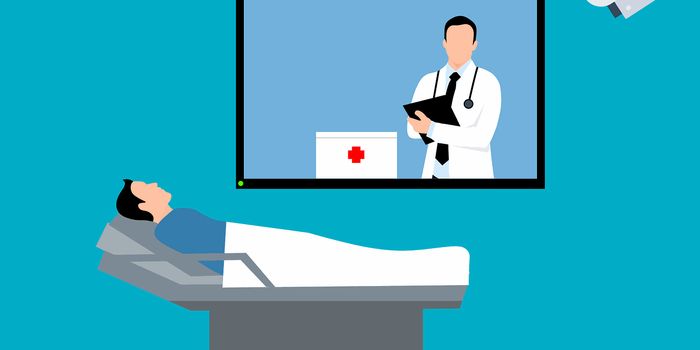Calor App Protects Farmworkers in the Heat
Working on a farm in the sun is difficult and sometimes dangerous. A teen in California who comes from a family with generations of farmworkers has invented an app to help protect this population from some of the perils of working outdoors. It’s called “Calor,” which is Spanish for heat.
Seventeen-year-old Faith Florez’ grandmother died of heat stroke in the fields and her father has told her stories of his own struggles picking cotton, almonds and other crops.
“I heard their stories of swollen backs and how their feet would ache after work and just the kind of brutal conditions they worked in, especially back then … I don’t want to hear about a farmworker that died because they were too far away from water and shade,” she said.
During her dad’s era, workers toiled without access to shade or water, sometimes passing out in the fields or crawling under cars for relief from the sun in triple-digit temperatures. Many agricultural laborers today still face similarly dire weather conditions. Also, climate change continues to bring an increase in extreme weather, including record high temperatures.
Calor Serves Immigrants
The app Calor functions on Apple watches that farmers buy for their workers to share between shifts. It’s purpose is to prevent cases of farmworker heat stroke and heat exhaustion. It does this through three main functions: offering notifications of weather data, a 911 hotline service, and educational content on job risks and safety.
Calor is intended to play a vital role for immigrant laborers in particular. In 2014, about 76 percent of farmworkers identified as Latino and/or Hispanic, according to U.S. Department of Labor’s National Agricultural Workers Survey data compiled by the nonprofit, Farmworker Justice. Estimates of the portion of these workers who are undocumented range from the upper 40s up to 70 percent. Florez points out that undocumented workers may choose not to visit a hospital if they faint or become otherwise ill in the heat. She adds that many of them live below the federal poverty line while carrying out essential but largely unappreciated work.
Meanwhile, President Trump’s immigration crackdown has led to a shortage of farm labor in California, Alabama and other areas of the U.S., and many crops were left to rot in 2017. ICE arrested 41 percent more undocumented immigrants in 2017 than 2016, and some people are also returning to Mexico on their own.
Getting Calor Off the Ground
Florez came up with the idea for the app as a junior and ended up pitching it to the University of Southern California Viterbi School of Engineering, which is in Los Angeles, where she now lives. A group of graduate students partnered with Florez to create Calor.
While a smartphone seemed like a natural medium for the app at first, farm owners didn’t favor workers having their phones with them in the fields. The specialized smart watch idea arose next. To pay for the GPS tracking, weather data and hotline development, the team turned to crowdfunding and raised $60,000 within months. Locals, as well as celebrities like Lin-Manuel Miranda, Eva Longoria and Gina Rodriguez, stepped up to fund the initiative. So far, three farms have signed up to pilot the program in Kern County, where Florez’ family has long farmed.
“I do want to expand the project outward and make sure more farmworkers have access to it,” Florez said.
One of the workers in the video below describes Calor as potentially life-saving and “very smart.” Florez’ efforts to reduce the serious risks of this type of labor have offered her purpose and fulfillment, and she now believes, “we are capable of change.”
Sources:









